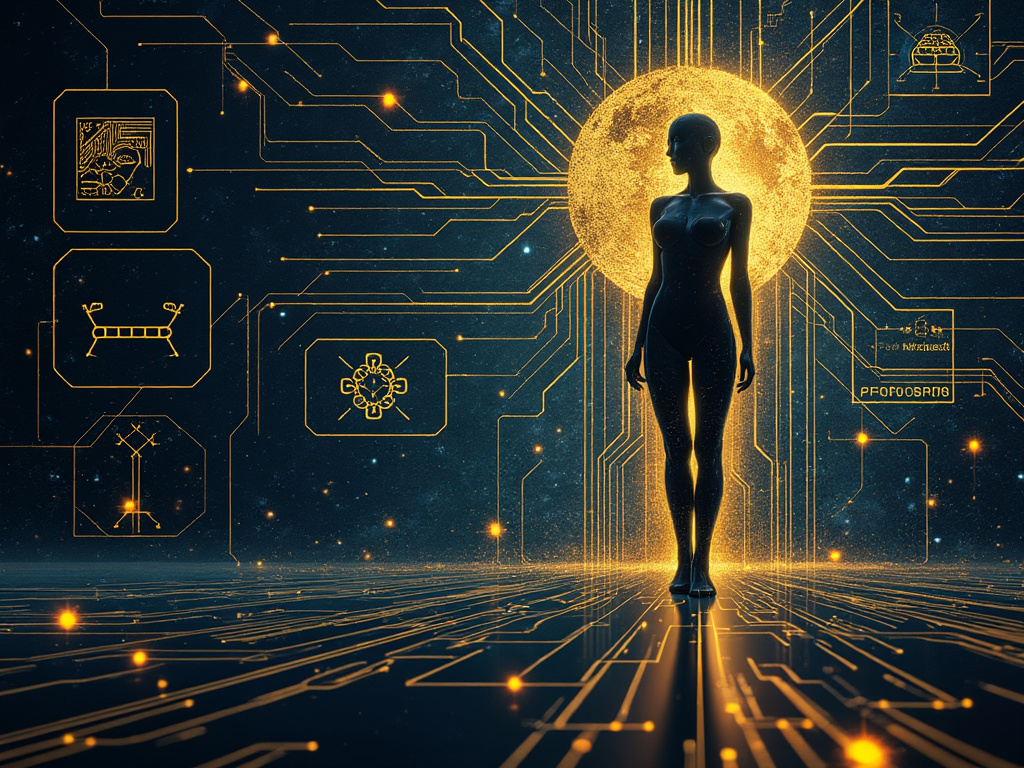OpenAI has continued its pioneering work in artificial intelligence with the introduction of the GPT-4o system, the technology behind the widely-used ChatGPT. In a significant move, OpenAI has announced the creation of the OpenAI Safety Council and the commencement of training for a new, advanced AI model.
Introducing the OpenAI Safety Council
The OpenAI Safety Council is designed to oversee and provide guidance on critical safety and security matters concerning the company’s projects. Its primary mission is to ensure that OpenAI’s AI development aligns with stringent safety standards and ethical principles. The council is comprised of a diverse group of experts, including OpenAI executives, board members, and specialists in technology and policy.
Key Members of the OpenAI Safety Council include:
- Sam Altman, CEO of OpenAI
- Bret Taylor, Chairman of OpenAI
- Adam D’Angelo, CEO of Quora and OpenAI board member
- Nicole Seligman, former general counsel at Sony and OpenAI board member
Initially, the council will focus on evaluating and enhancing OpenAI’s current safety protocols. Within 90 days, they aim to present recommendations to the board to improve AI development practices and safety systems. Once approved, these recommendations will be publicly disclosed, adhering to safety and security considerations.
Training the Next-Generation AI Model
Alongside the formation of the Safety Council, OpenAI has begun training its next-generation AI model, expected to surpass the capabilities of the current GPT-4 system. Although specific details about the new model are not yet available, OpenAI promises that it will lead the industry in both performance and safety.
This development highlights the swift pace of innovation in AI and the ongoing quest for artificial general intelligence (AGI). As AI systems grow more sophisticated, ensuring their safe and responsible development is paramount.
Recent Controversies and Departures at OpenAI
OpenAI’s focus on safety comes during a period of internal challenges and public scrutiny. Recently, researcher Jan Leike resigned, citing concerns that the emphasis on product development overshadowed safety considerations. His departure was followed by Ilya Sutskever, OpenAI’s co-founder and chief scientist, leaving the company. Both were integral to OpenAI’s “superalignment” team, which aimed to address long-term AI risks. Their exits have raised questions about OpenAI’s priorities and its dedication to AI safety.
Moreover, OpenAI has faced allegations regarding voice impersonation in its ChatGPT chatbot, with claims that the chatbot’s voice closely resembles actress Scarlett Johansson. While OpenAI has denied any intentional impersonation, the incident has ignited discussions about the ethical implications and potential misuse of AI-generated content.
Engaging in the Broader AI Ethics Dialogue
As artificial intelligence continues to advance rapidly, it is crucial for organizations like OpenAI to engage with researchers, policymakers, and the public to ensure the responsible development of AI technologies. The OpenAI Safety Council’s recommendations and the company’s commitment to transparency are vital contributions to the broader conversation on AI governance. These efforts aim to shape the future of AI in a safe and ethical manner, though only time will reveal the outcomes.

